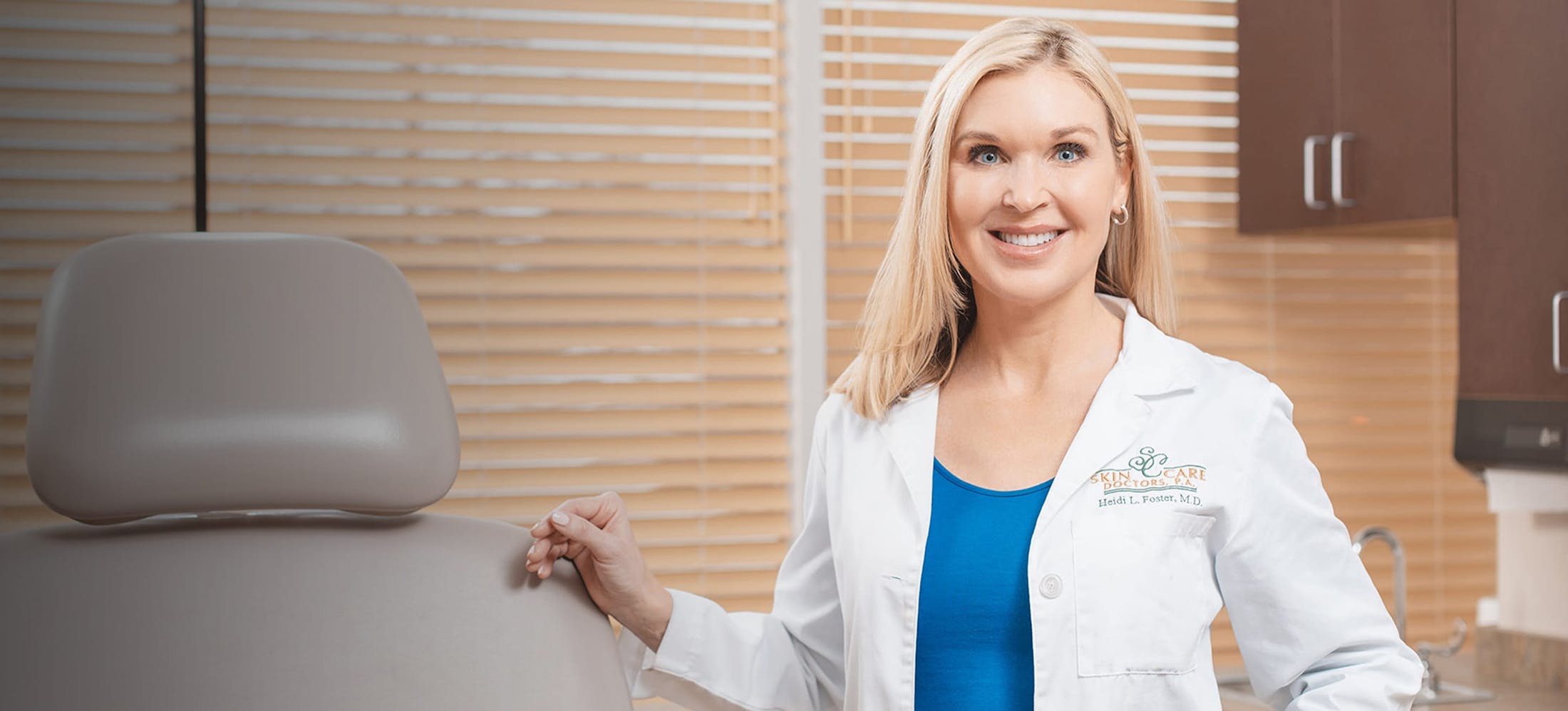Reticular veins affect many people worldwide. While often seen as a cosmetic concern, they may also cause discomfort and other symptoms, and Spartz Vein has just the treatment for you.
Symptoms of Reticular Veins
The symptoms of reticular veins vary from person to person. Some people may not experience symptoms, while others may experience discomfort or pain. The most common symptoms of reticular veins include:
- Visible blue or green veins on the skin
- Mild to moderate pain or discomfort in the affected area
- Aching or throbbing sensation in the legs
- Swelling or inflammation of the affected area
- Itching or burning sensation in the area



